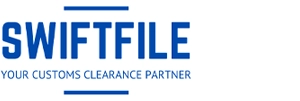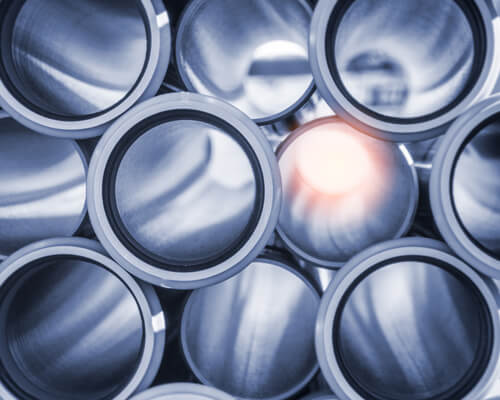Reporting
The main focus of the Transitional Period for importers is the quarterly reporting of embedded carbon emissions. Embedded emissions must be reported on at the factory level, which means there is a considerable amount of data that needs to be collected. The importer of the goods is responsible for the reporting, with reports to be submitted to the CBAM Transitional Registry by the end of the month following the quarter.
The Transitional Period began on 1 October last, so the data collection process should have already begun. Fines and penalties of up to €50 per ton may be levied by the regulators on importers for absent or incorrect returns. Importers will need to gather factory level emissions data for all CBAM covered goods brought into the EU. The importance of this new requirement should be communicated to trading partners, be they the producers themselves or intermediaries.
How SwiftFile can help
The introduction of new regulations invariably present challenges to those businesses affected by them. The CBAM reporting requirements are particularly detailed, and importers of steel, cement and fertilisers are at the sharp end. SwiftFile can help businesses get clarity on their new carbon reporting obligation. We can advise on the steps to take to ensure CBAM compliance.
Partnering with SwiftFile can also help streamline the data collection process. As customs specialists, we have a clear view of the data in the import declarations we file on behalf of our clients. We provide our partners with a monthly report of import activity for CBAM goods, which gives an instant picture of the CBAM import data they need to report on. We also advise on how import declarations can be used to help automate the data collection process.
If you would like to discuss how SwiftFile can assist with your Carbon Border Adjustment Mechanism (CBAM) challenges


